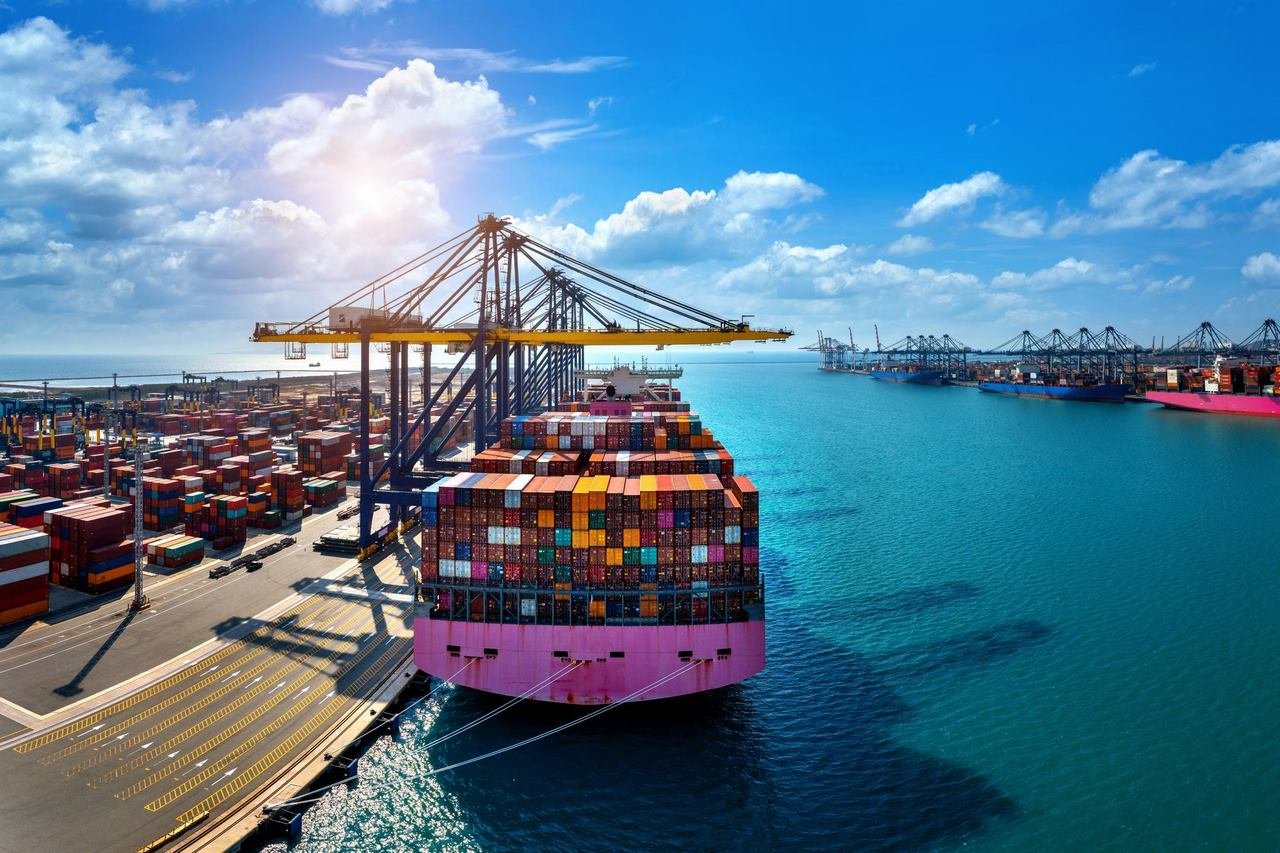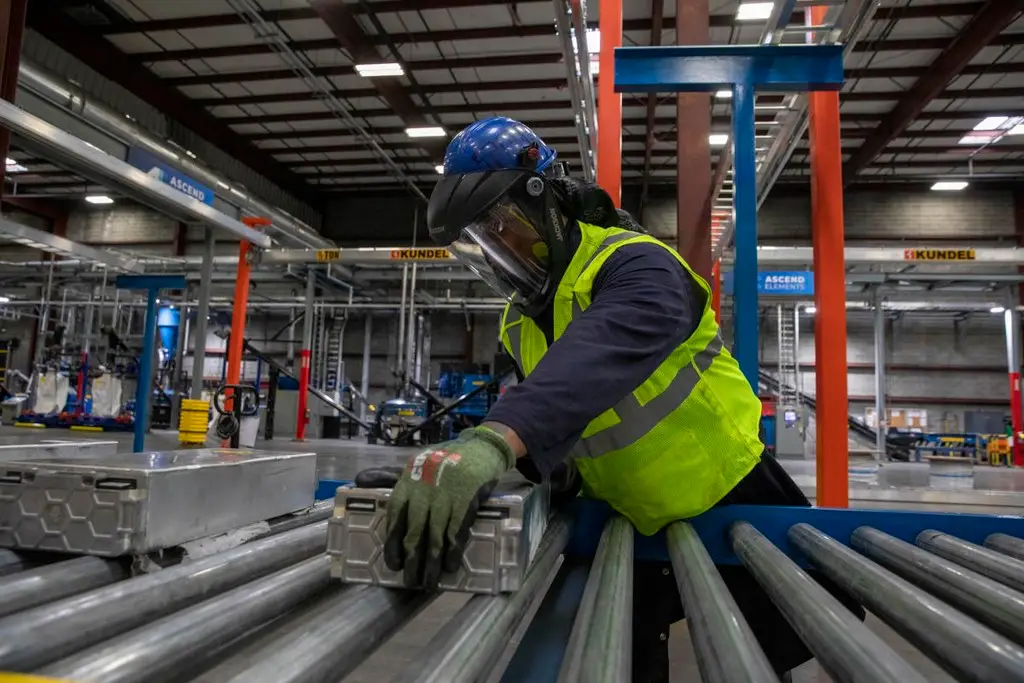In today’s interconnected world, International trading of raw materials is more complex than ever. From copper and aluminum to rare earth metals, the flow of materials across borders is subject to ever-changing laws, sanctions, environmental regulations, and customs protocols. For a company like Steelbridge Export, ensuring total compliance isn’t just about ticking boxes—it’s about building long-term trust with clients, governments, and supply chain partners worldwide.
Understanding Compliance in a Globalized Metal Market
The importance of compliance cannot be overstated. It directly influences cost-efficiency, speed of delivery, market access, and even brand reputation. But what exactly does compliance in international metal trade mean? And how can your business stay ahead of global challenges?
Let’s dive deep.
Regulatory Frameworks: What You Need to Know
Compliance in international trading of raw materials involves adhering to a network of regulations across jurisdictions. These may include:
Import/Export Licenses
Sanctions and Trade Restrictions
Customs Documentation Requirements
Environmental and Sustainability Certifications
Conflict Mineral Declarations
For example, exporting copper from South America to the EU involves strict rules on origin, environmental impact, and ethical sourcing. Failing to meet even one of these requirements could result in delayed shipments, fines, or even bans.
 Common Compliance Challenges in Raw Material Trade
Common Compliance Challenges in Raw Material Trade
Many businesses underestimate the complexity of international metal trading. Below are some of the most common issues companies face:
Inconsistent documentation
A single mislabelled customs form can delay cargo for weeks.Lack of real-time regulatory updates
Rules shift fast—especially in politically volatile regions.Not understanding dual-use restrictions
Some metals may be restricted for military or sensitive industrial uses.Overlooking local labor and sustainability standards
Countries like Germany and France now require proof of ethical labor practices across the supply chain.
Staying compliant across all these fronts isn’t easy. This is where experienced trade partners like Steelbridge Export bring incredible value by integrating compliance into every stage of the export process.
Technology’s Role in Trade Compliance
Digital tools are becoming indispensable in managing compliance. Platforms now help automate documentation, monitor embargo lists, and flag potential risks before they become costly issues.
For example:
AI-powered classification systems ensure accurate Harmonized System (HS) codes
Blockchain provides traceability from mine to port
ERP integrations sync data across compliance, finance, and logistics
These technologies are especially valuable for firms handling the international trading of raw materials, where volumes are high and regulation is dense.
The Cost of Non-Compliance
Failing to meet international trade standards can lead to:
Severe financial penalties
Shipment delays and demurrage fees
License revocations
Public relations crises
In 2024 alone, multiple firms in Asia and Eastern Europe were penalized over $1.2 billion collectively for violating environmental trade rules involving rare metals. That’s why companies are doubling down on regulatory training, hiring dedicated compliance officers, and working with reliable third-party audit services.
 Sustainability Compliance is the New Norm
Sustainability Compliance is the New Norm
Beyond legal compliance, buyers now expect sustainability. It’s no longer optional to report on:
Carbon emissions
Water usage during extraction
Recycling policies and circularity
Many nations now require Environmental, Social, and Governance (ESG) disclosures during import procedures. In the international trading of raw materials, showing your sustainability credentials can open doors to premium clients and preferential trade status.
Case Study: How Steelbridge Export Achieves Seamless Compliance
Steelbridge Export has built a reputation on its proactive approach to compliance. Here’s how:
Regulatory Scanning: They monitor over 100 global regulatory sources weekly.
Training & Certification: Their staff undergo quarterly trade law certification.
Partnership with Auditors: Regular third-party audits ensure supplier compliance.
Documentation Precision: AI-backed systems validate export/import paperwork.
Transparency: They provide end clients with full traceability from source to shipment.
This model allows them to offer a worry-free trading experience across multiple continents—even in emerging markets.
Future Outlook: Compliance Will Only Grow in Complexity
As global politics, environmental concerns, and data privacy rules evolve, so too will compliance requirements in the international trading of raw materials.
Expect:
More ESG disclosures
New digital customs platforms
Cross-border carbon taxes
Greater emphasis on local sourcing
Firms that invest in compliance now will future-proof their operations and gain a distinct competitive advantage.
Conclusion
The international trading of raw materials is not for the faint of heart. Success depends not only on logistics and pricing, but also on navigating a minefield of complex and evolving regulations. By prioritizing compliance, you safeguard your business from risk, increase trust, and open the door to lucrative global partnerships.
Companies like Steelbridge Export prove that regulatory excellence is not a burden—it’s a strategy for sustainable, scalable growth in one of the world’s most high-stakes industries.
For more insights and compliance tools, visit metals hub.
Meta Questions & Answers
1. Why is compliance important in the international trading of raw materials?
Compliance ensures legal trade, avoids penalties, builds trust with partners, and meets growing demands for sustainability and transparency.
2. What are the most common compliance challenges in metal trade?
Incorrect documentation, changing regulations, embargo violations, and lack of ESG data are among the top challenges.
3. How can technology help ensure compliance?
AI tools, blockchain, and automated documentation platforms help companies stay up to date and avoid costly errors.
4. What role does sustainability play in compliance today?
More countries now require carbon tracking, ethical sourcing, and ESG reporting in the export/import of raw materials.
5. How does Steelbridge Export manage global compliance effectively?
They use real-time regulatory scanning, AI systems for document accuracy, third-party audits, and full traceability protocols.
F&Q
- What does compliance mean in international trading of raw materials?
Compliance in international raw material trade refers to the adherence to global and local laws, trade regulations, customs procedures, and sustainability standards. This includes proper licensing, documentation, sanctions screening, ethical sourcing, and environmental disclosures. Failing to comply can lead to legal penalties and loss of market access. - Why is compliance critical in the global metal trading industry?
Compliance is essential because it safeguards businesses from legal risks, enables smooth cross-border logistics, ensures access to high-value markets, and builds trust with clients and regulatory bodies. In the international trading of raw materials, non-compliance can cause shipment delays, financial losses, and reputational damage. - What are the most common compliance risks in international metal trade?
Common compliance risks include incorrect or missing customs documentation, outdated regulatory knowledge, sanctions violations, failure to disclose ESG (Environmental, Social, and Governance) metrics, and misunderstanding dual-use export controls. These can disrupt the global flow of raw materials such as copper, aluminum, and rare earths. - How does technology support compliance in raw material export and import?
Advanced technologies such as AI classification tools, blockchain traceability, and ERP-integrated compliance software automate documentation, flag potential violations, and ensure real-time alignment with international regulations. These systems are critical in large-scale raw material trading operations. - How does Steelbridge Export ensure full compliance in global raw material trade?
Steelbridge Export ensures compliance through a robust framework that includes weekly monitoring of over 100 global regulatory sources, staff certifications in trade law, AI-verified documentation, third-party audits, and end-to-end supply chain transparency. Their proactive compliance model sets a benchmark in the international trading of industrial metals.
read more:








